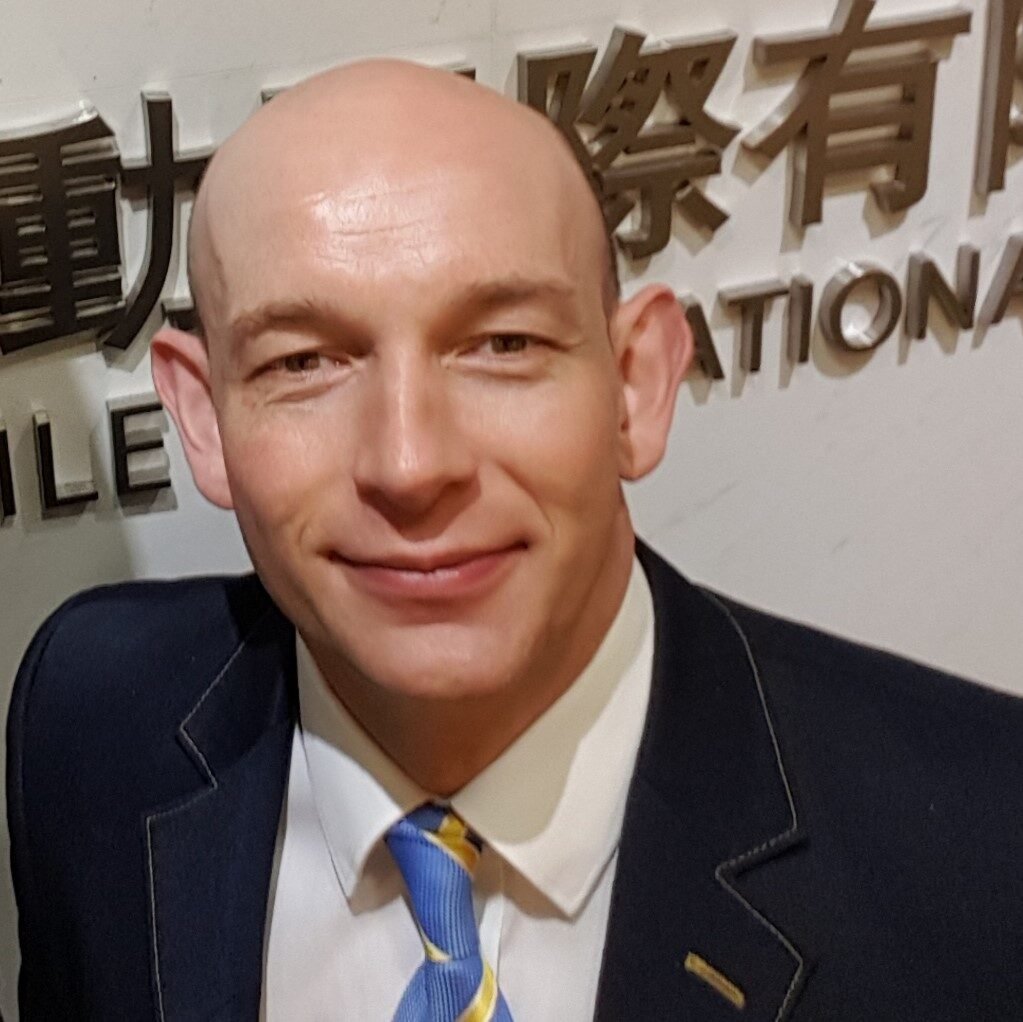Director of Programmes James Williams recently hosted a webinar with Members of the Fraud and Revenue Assurance Working Group – part of the Future of Messaging initiative, to discuss the state of SMS A2P and the types of fraud commonly found and the latest emerging global trends. The session, supported by Lanck Telecom, featured representatives from Intis Telecom, Globe Teleservices, Twilio and Vonage.
On April 27th 2021, MEF launched the Future of Messaging (FoM) Fraud & Revenue Assurance Group and it’s safe to say that the regular meetings of this working group have always been VERY active!
MEF is all about helping its members’ businesses (and the Mobile ecosystem as a whole) grow but doing so whilst protecting the consumer as much as we collectively can.
Watch the webinar in full
Download the slides
It all comes down to trust at the end of the day. What chance do any of us have of developing any business area without trust being present? We simply don’t. And this really goes for Application-to-Person (A2P) SMS.
A2P SMS has been a core part of mobile engagement for such a long time. Transaction volumes globally have been on the rise for many years but nobody expected the huge increases many markets have experienced on the back of reactions to COVID-19. We’ve all heard of B2B and B2C messaging but another category really took off, B2G. Governments have really switched on to using A2P SMS as a fantastic way of ensuring content they send gets as many sets of eyes on it as fast as possible. The problem with is that with all this growth and an increasingly valuable A2P SMS market, more and more sophisticated bad actors have been turning their attention to it. Fraud of so many types have been on the up and SMS is really seeing this now.
MEF members put together a fantastic reference document detailing the known types of SMS fraud. Now in its third version, it details the 14 known types of fraud. It is a fantastic resource and we ask that this is shared as far and wide as possible. You can download it for yourselves right here now for free.
Of late though, there has been another fraud type really gaining notoriety in the area of SMS, something called ‘Artificial SMS Generation’. Rogue third parties, utilising numbers from MNOs’ number ranges, complete registration on behalf of consumers. Enterprises end up paying for delivery of content to fake consumers and aggregators risk losing money. The MNOs don’t bear any generated losses though. And this is all really catching on globally.
This all means that those companies fighting the good fight against all the fraud really have to be at the top of their game and a step ahead. Collaboration and knowledge sharing is key and this is where MEF really comes into its own, providing a great neutral platform for all this take place.“
As part of our series of regular live webinars, MEF member LANCK Telecom came forward with the idea of putting together a panel discussion looking at the issue of not only this new specific SMS fraud type but also SMS fraud in general. LANCK kindly sponsored the webinar and on the panel which I moderated were:
- Vladimir Smal, Head of Sales & Procurement Global Messaging, LANCK Telecom
- Igor Skutsenya, Fraud Management System Manager, LANCK Telecom
- Larissa Ryndik, Procurement & Routing Director, Intis Telecom
- Rajiv Singla, CTO & Business Head – Messaging, Globe Teleservices (GTS)
- David Vigar, Director Alliance Partnerships, Twilio
- Kevin Graham, Messaging General Manager, Vonage
As tends to happen during these webinars with so many experts together, our 60 minutes together flashed by in the blink of an eye.
Many of the panel members will be making their way over to Barcelona for Mobile World Congress (MWC) 2022 and this topic will no doubt be discussed at length in person when we meet too. It’s very clear that this fight against SMS fraud is not a battle but an ongoing war. Transaction volumes are heading in only one direction and bad actors won’t suddenly be leaving the sector. It pains me to write the next few words but so many of the fraudsters are showing real innovation and flashes of brilliance. If only these skills were brought to bear for the greater good! I can but dream!
This all means that those companies fighting the good fight against all the fraud really have to be at the top of their game and a step ahead. Collaboration and knowledge sharing is key and this is where MEF really comes into its own, providing a great neutral platform for all this take place.
The rest of this post is dedicated to hearing about what the speakers have to say on the subject so here goes…
LANCK Telecom sponsored the webinar so here’s Vladimir Smal to kick proceedings off:
“There is more and more fraud in SMS these days. The Messaging business accumulates a lot of money due to its natural growth and ongoing price increases in a number of markets, which makes it increasingly attractive for fraudsters. There are at least 15 types of SMS fraud and we consider ‘Artificially Generated Traffic’ to be one of the most dangerous for the whole mobile ecosystem. We as a community have to raise awareness of all types of SMS fraud and introduce new measures against it. A common legal practice in settling fraud traffic is imperative. LANCK Telecom is actively working on our own anti-fraud solutions and encouraging all industry stakeholders to step up measures in eliminating SMS fraud activities.”
Rajiv Singla from Globe Teleservices hit on the topic of regulation:
“Regulators and regulations do play a key role in reducing fraud in SMS. We need to have things in place rather than keeping everything open and unspecified. MEF’s SMS Sender ID Registry in the UK, Ireland, Spain and now Singapore, and DLT in India are notable successes. We need to have more discussions with regulators to make this SMS Sender ID Registry programme something global!
Technology is evolving and so do the types of fraud we encounter. We as member of MEF play an important role in curbing these frauds and bringing trust to SMS channels.”
I’ve known Kevin Graham from Vonage for many years and Kevin frames the situation very nicely saying:
“As enterprise messaging requirements evolve and the range of use cases grows, fighting fraud becomes a greater responsibility for all of the stakeholders within the ecosystem. Working with market leading security vendors and encouraging collaboration between all of those stakeholders remain the critical success factors.”
Intis Telecom specialise in content delivery for SMEs and their Procurement & Routing Director Larissa Ryndik came back to me with some words that resonate nicely to close off this post:
“Without trust, we have nothing. This is 100% the case for Application-to-Person (A2P) SMS – business messaging. Intis Telecom is now in its 13th year of providing SMS messaging solutions to enterprises and like many messaging companies the past couple of years, we have seen business increase. The problem is that fraud issues and concerns have though too.
We do everything we can to collaborate with stakeholders across the industry but it is clear to us that far more needs to be done to stop SMS fraud. As the A2P SMS market is now so valuable, a lot of sophisticated fraudsters have entered the market and all parties have to be educated about the potential risks. This is where valuable organizations like MEF have a huge role to play. Intis Telecom will continue to do everything possible to fight fraud and the fight really is an ongoing battle.”
Thanks as always to a superb array of speakers and finally (really!) if you want to find out more about all the work MEF members do, what the Future of Messaging (FoM) Fraud & Revenue Assurance working group REALLY gets up to and what great benefits MEF membership can bring your business (whatever it is you do) then do not hesitate to email me directly! Thanks for reading. Great having you here with us as part of the wider MEF community!





